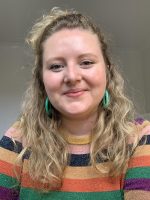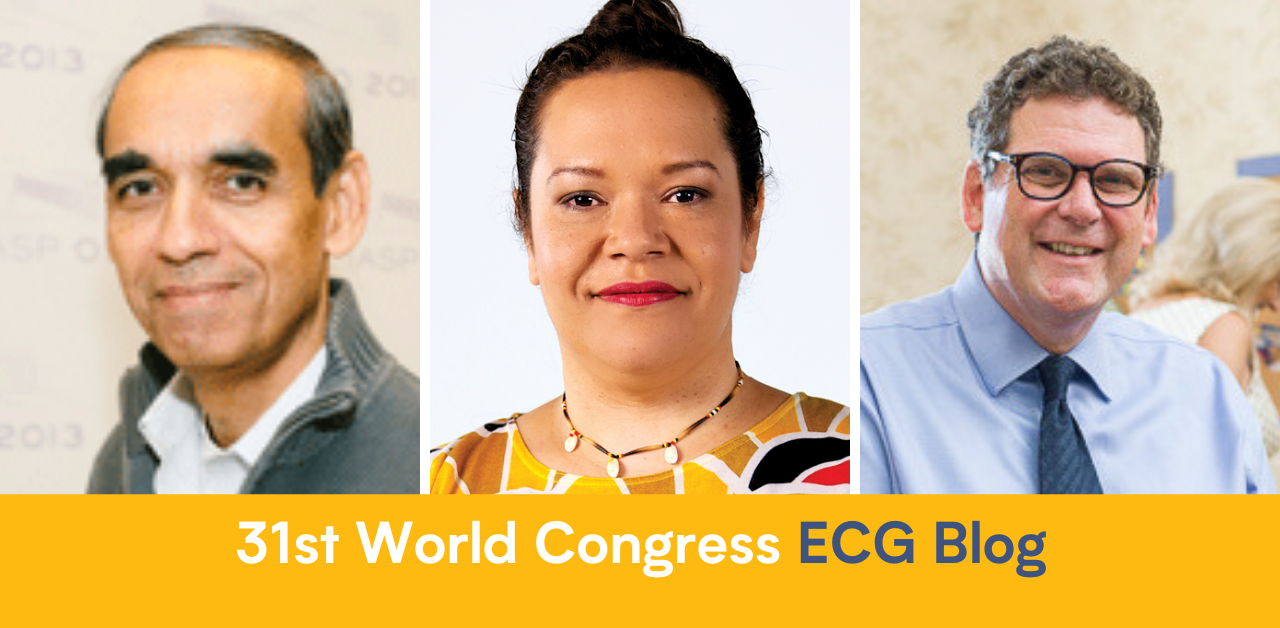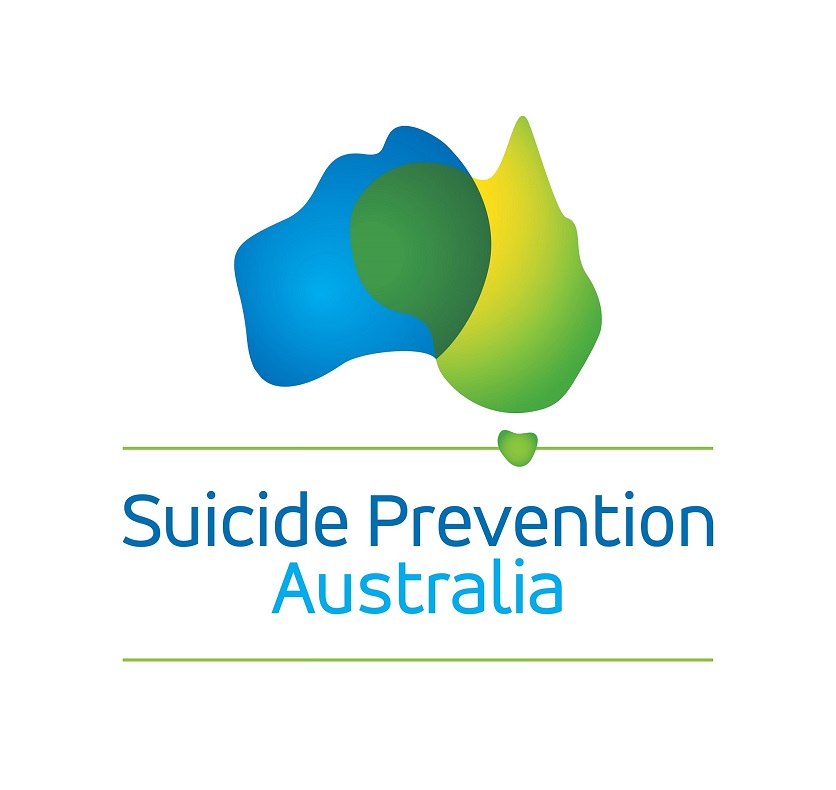The IASP World Congress 2021 has drawn to a close! Before I start this blog off, I want to send congratulations and gratitude to the Congress Scientific Committee and the Local Organising Committee, particularly to Conference Organiser Wendy Cliff. I’m sure all will agree that the Congress was a resounding success, one all the more sweet given the many logistical headaches that a global pandemic introduces!
As I joined the Congress from the Northern hemisphere, the bulk of the programme took place during the night and so I am looking forward to watching back some sessions I missed due to the time difference when the recordings are uploaded on the Congress portal. However I would like to extend a big thanks to all who shared insights and commentary on Twitter using the hashtag #IASPGOLDCOAST2021, and helped me to catch up over my morning coffee this week. Thanks also to my fellow ECRs, Tessa, Laura, and Andrew who also shared their reflections on the IASP blog, and to the Life in Mind team who collated highlights on their blog. While I know we all wish we could be together in person, and feel that special sense of energy and hope that can only be generated by gathering passionate folks together in one place, these online discussions really help to feel connected to the rest of the suicide research community.
In fact, connectedness was a common thread that stood out to me when reflecting on the closing plenaries of the Congress. The poet John Donne wrote in the 17th century “no man is an island entire of itself”, and this was certainly echoed by the brilliant Leilani Darwin in the plenary entitled “We are strong, we are resilient we are here and ready to step up and lead the change, but we need you to walk and work with us”. Leilani emphasised the strengths of the collective culture of Aboriginal and Torres Strait Islander peoples, stating “what works in our communities is when our people step up and support each other". Truly valuing the experiences and voices of First Nations people, especially those with lived experience of suicide, is key to suicide prevention. This was aptly demonstrated in a powerful moment in this plenary with this incredibly beautiful video, which I strongly encourage you all to watch and reflect upon.
The importance of family, community, and cultural safety was also emphasised by Professor Nicholas Procter in his plenary “Suicide Prevention and Safety Planning for People of Refugee and Asylum Seeker Background”. I’m currently working on a research project exploring mental health supports for migrant and refugee children in schools, so I was particularly interested in Prof. Procter’s findings on the sources of support commonly used by refugees and asylum seekers in safety plans. Religion/faith connections, community supports, and family members were all identified – again, underlining the importance of a person’s relationships and context in any suicide prevention activities.
The final closing plenary, entitled “SDGs, Suicide Prevention & LMICs: A goal too far?”, was delivered by Professor Murad Khan, former IASP president, and discussed the structural factors of population distress and emphasised how “social issues become individual problems”. It was clear from Prof. Khan that systems-level change is required to amplify suicide prevention efforts in low- and middle-income countries, stressing the importance of national strategies. Worryingly, only 40 countries worldwide (across all income levels) have developed a national suicide prevention strategy. Furthermore, it is critical that these strategies are underpinned by evaluation, which in turn necessitates increased data quality and surveillance systems. This joined-up approach will help to focus efforts at a macro level, recognising that individuals are greatly impacted by cultural and societal factors.
Wrapping up this blog, I want to take a moment to note the value placed on ECRs work and contributions to the field of suicide prevention throughout the Congress – it hasn’t gone unnoticed and is to be commended. Congratulations to Dr Louise La Sala, Dr Eleanor Bailey and Laura Grattidge who were awarded at the ECR PechaKucha event, to Dr Laura Hemming, Dr Phillip Law and Roxanne Sicotte on their excellent ECR Keynotes, and to Dr Grace Cully and Dr Sandy Onie who were awarded best research posters.

Sadhbh Byrne, PhD (she/her) / Research Fellow / Trinity Centre for Global Health
Trinity College Dublin, the University of Dublin, Dublin 2, Ireland.
+353 1 896 4375 byrnes83@tcd.ie www.tcd.ie





